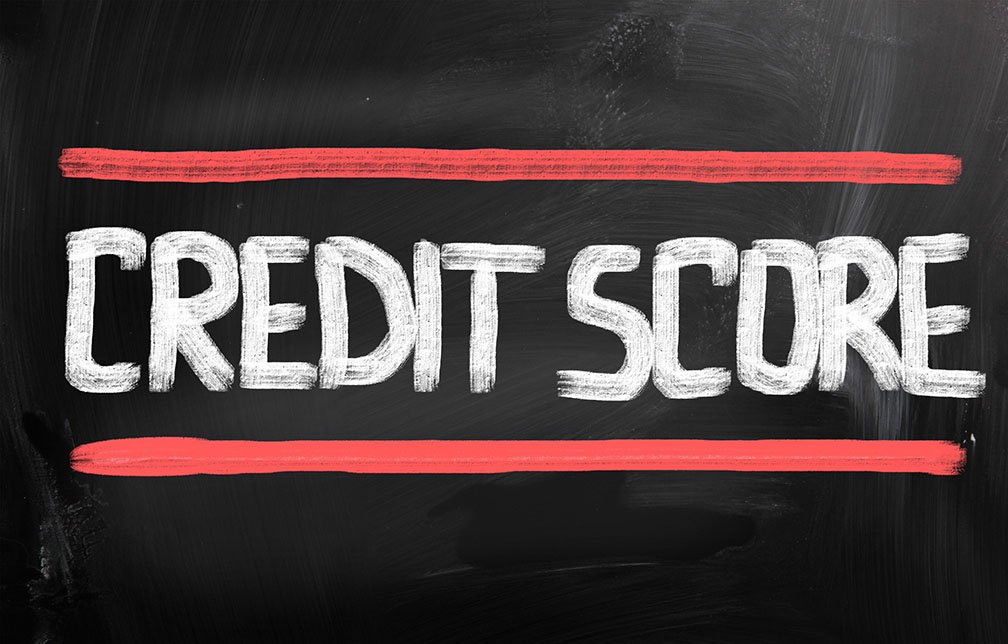The Quick and Easy Guide to Determining How Big of a Mortgage Your Family Can Afford
 Are you shopping around for a new house or apartment? One of the key considerations you will need to make is figuring out how much you want to invest in your new home. Below you’ll find our quick and easy guide to determining just how much “house” you can afford. Let’s get started!
Are you shopping around for a new house or apartment? One of the key considerations you will need to make is figuring out how much you want to invest in your new home. Below you’ll find our quick and easy guide to determining just how much “house” you can afford. Let’s get started!
Start By Making A Proper Budget
The first thing you’ll want to do is sit down and get a full budget put together. The easiest way to get the process started is to begin with two lists: income and expenses. For the income list, write down the amount of money your family brings in each month after taxes. If you have side income sources or extra income that tends to fluctuate over time, use the average amount for the past six months.
For the expenses list, write down all the spending that you do each month. Start with the major, stable items like rent, utilities and the like. Then work your way through to discretionary spending like dining out and other sources of entertainment. If it helps, go through your bank and credit card statements to ensure that you are not missing anything.
Once you have an accurate budget, you’ll know exactly how much you can afford to pay toward your mortgage payments each month.
Figure Out How Much You Can Put Down
Next, you’ll need to think about how much cash you want to pay as a down payment on your home. The larger the down payment you can afford, the smaller amount of mortgage financing you’ll need. While it might seem like a good idea to put as much as you can down, there are some things to consider. Any money you put against your down payment is going to be unavailable to you, which reduces your financial options. You’ll also lose the opportunity to invest it, which means missing out on potential returns over time.
Determine How Much House You Actually Need
Finally, give some thought as to how large or luxurious a home you want to buy. For example, if you have a small family and don’t need a large four- or five-bedroom house, you can instead opt for a smaller but more luxurious home. Conversely, if space is a priority, you may want to forego the high-end options to ensure you have enough room.
When you’re ready to explore your mortgage options, we’re ready to help. Contact your trusted mortgage professional at your convenience. We’re committed to helping you purchase the home of your dreams.
 Many people all over the world are dealing with issues involving debt or poor credit history, but most aren’t necessarily aware of what exactly makes up their credit score. Unfortunately, it might seem like it’s the big stuff that counts when it comes to credit, but little things can have a significant impact on your financial health. If you’re looking to improve your understanding and your finances, here’s what you need to know about small mistakes and your FICO score.
Many people all over the world are dealing with issues involving debt or poor credit history, but most aren’t necessarily aware of what exactly makes up their credit score. Unfortunately, it might seem like it’s the big stuff that counts when it comes to credit, but little things can have a significant impact on your financial health. If you’re looking to improve your understanding and your finances, here’s what you need to know about small mistakes and your FICO score. A good credit rating is built on a number of financial factors including paying your bills on time and the length of your credit history, but loans can also be a source of bolstering your credit score in a positive way. While this means that loans can actually be a good thing, there are also the kinds of loans that can have a damaging impact on acquiring a mortgage. If you’ll soon be pursuing your own home purchase, here are some loans that may have a negative impact.
A good credit rating is built on a number of financial factors including paying your bills on time and the length of your credit history, but loans can also be a source of bolstering your credit score in a positive way. While this means that loans can actually be a good thing, there are also the kinds of loans that can have a damaging impact on acquiring a mortgage. If you’ll soon be pursuing your own home purchase, here are some loans that may have a negative impact.